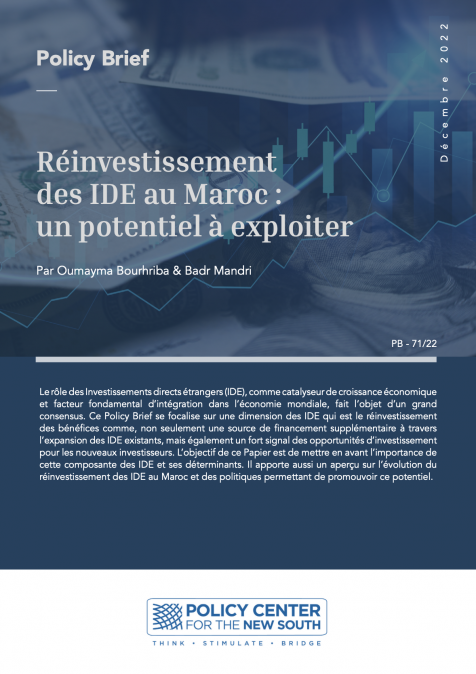Publications /
Paper in Academic Journals
Paper in Academic Journals
Does aid stimulate foreign direct investment? The role of social cohesion
August 24, 2020
We explore the effects of foreign aid on FDI in a large number of aid-recipient countries using data for the period 1985-2008 and focusing in particular on the impact of the interplay of aid and social cohesion. The preliminary results suggest that the independent effect of aid on FDI is negative in sub-Saharan Africa (SSA) and Latin America (LAC) and positive in other regions, while aid seems to crowd out FDI in countries with high levels of human capital. In addition, we find that the interplay of aid and social cohesion in SSA and LAC has an inverted-U relationship with FDI, suggesting diminishing returns to social cohesion in these two regions










